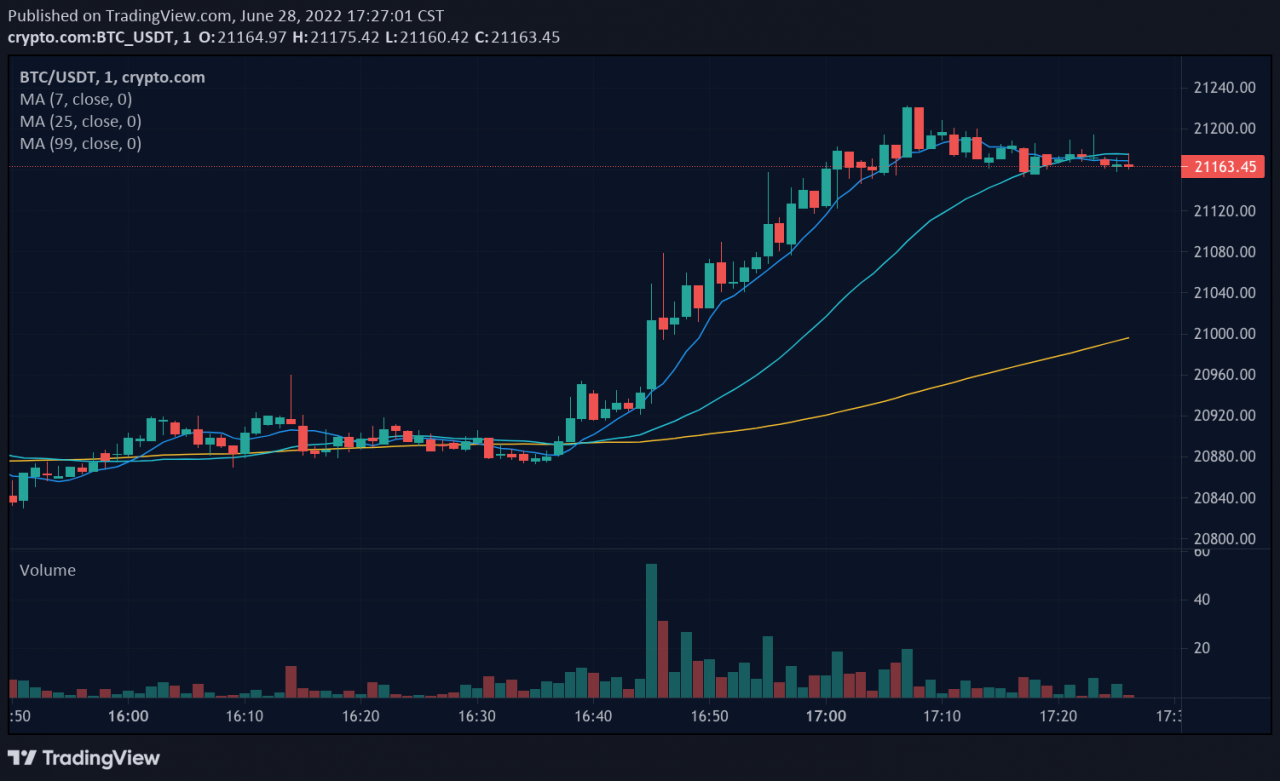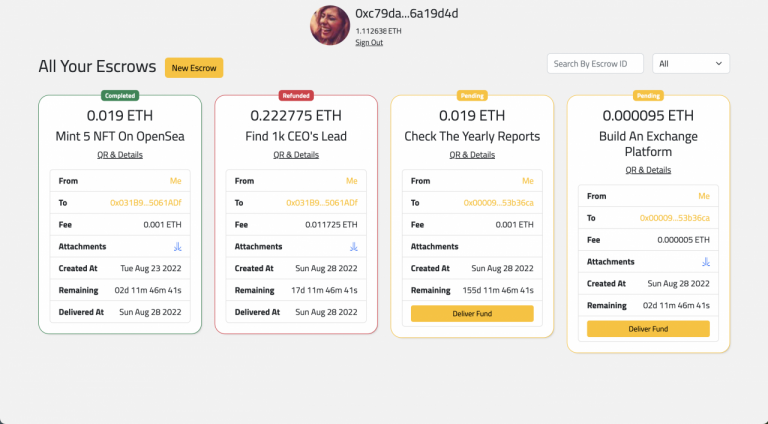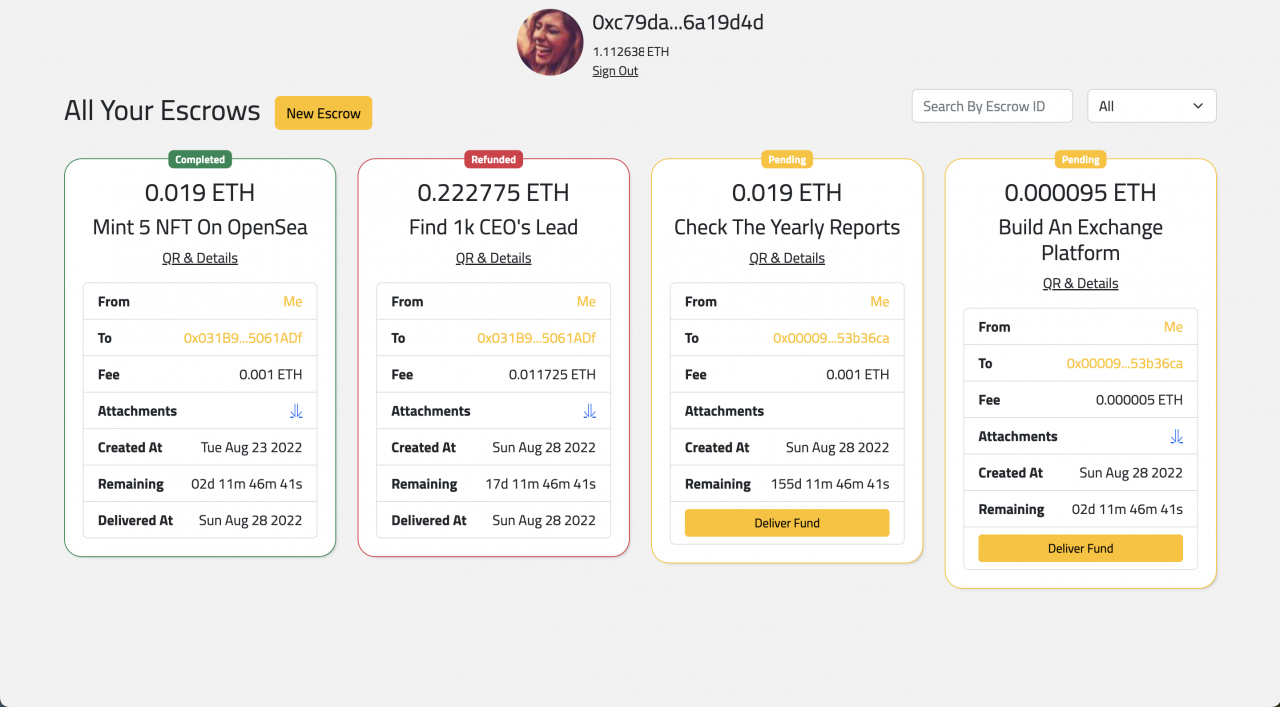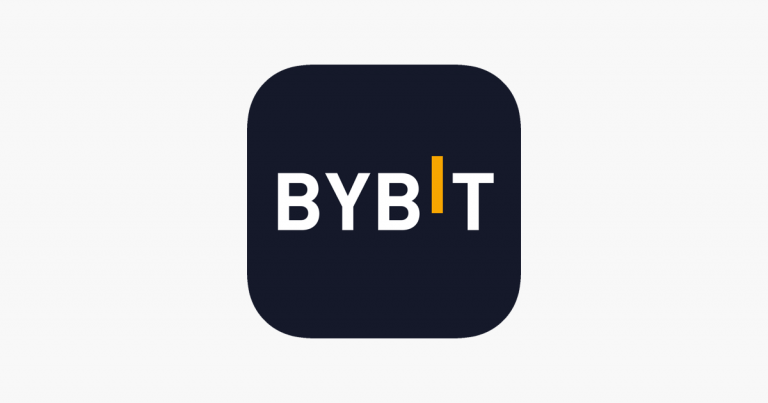Navigating the world of cryptocurrency can be daunting, especially when speed and ease of use are paramount. This guide delves into the rapidly evolving landscape of instant Bitcoin transactions in Australia, examining the available platforms, associated risks, and crucial verification procedures. Understanding the nuances of these transactions is key to making informed decisions in this burgeoning market.
The article comprehensively covers the process of buying and sending Bitcoin instantly in Australia, exploring various methods and comparing their speed, fees, and security. It also addresses the critical issue of verification procedures, outlining the necessary steps and potential implications. Ultimately, the aim is to equip readers with the knowledge to engage in secure and profitable Bitcoin transactions.
Instant Bitcoin Purchase in Australia
Buying and sending Bitcoin instantly in Australia has become increasingly accessible, driven by the rise of digital financial platforms. This convenience, however, comes with considerations regarding security and potential risks. Understanding the process and available methods, along with potential pitfalls, is crucial for any user engaging in these transactions.
The process typically involves selecting a reputable platform, depositing funds, choosing the desired Bitcoin amount, and initiating the transaction. Confirmation and delivery of the Bitcoin are usually swift, often within minutes. However, the speed and ease of use can vary significantly depending on the chosen platform and the user’s account setup.
Common Methods for Instant Bitcoin Purchases
Several methods are available for instant Bitcoin purchases in Australia, each with its own strengths and weaknesses. These methods typically rely on connecting bank accounts or using e-wallets for a seamless transaction.
- Direct bank transfers are often favored for their speed and are available on many platforms.
- E-wallets, such as PayPal or Apple Pay, offer a convenient option for those who prefer this method for digital payments.
Comparison of Bitcoin Purchase Platforms
Several platforms cater to instant Bitcoin purchases in Australia, each with unique features, fees, and security protocols. Choosing the right platform requires careful consideration of these aspects.
| Platform |
Speed |
Fees |
Security |
| Platform A |
Generally quick, often within 5-10 minutes |
0.5% to 1.5% transaction fee, potentially higher for larger transactions. |
Utilizes multi-factor authentication and secure encryption. Has a robust customer support system. |
| Platform B |
Usually instantaneous; depends on bank processing times. |
Variable fees based on volume and type of transaction. |
Employs advanced security measures, including cold storage and transaction monitoring. |
| Platform C |
Very fast, often within 2-5 minutes |
Low fixed fee, no hidden costs. |
Offers 24/7 customer support and has a history of secure transactions. |
Potential Risks of Instant Bitcoin Purchases
While instant Bitcoin purchases offer convenience, users should be aware of the potential risks involved. Security breaches and fraudulent activities can occur on any platform.
- Security Risks: Scams and fraudulent platforms are prevalent. Verify the platform’s reputation and security measures before using it.
- Transaction Errors: Mistakes can happen during the process. Always double-check the amount and recipient before finalizing a transaction.
- Market Volatility: Bitcoin’s price can fluctuate significantly, leading to potential losses if not managed carefully.
- Platform Issues: Technical glitches or platform failures can disrupt transactions, causing delays or losses.
Bitcoin Verification Procedures in Australia
Buying and sending Bitcoin in Australia, while becoming increasingly popular, often involves verification procedures. These procedures, designed to maintain security and comply with regulatory frameworks, differ significantly from traditional financial transactions. Understanding these procedures is crucial for both buyers and sellers to navigate the process smoothly.Verification procedures in the cryptocurrency market are essential to combat money laundering and other illicit activities.
This approach ensures the safety and security of the entire ecosystem. The methods used by cryptocurrency exchanges and platforms vary, but the common goal is to verify the identity of users to reduce risks.
Common Verification Procedures
Verification procedures for Bitcoin transactions in Australia typically involve identifying the user and confirming their details. This process ensures the safety and security of the transaction. The level of verification required depends on the specific platform or exchange and the transaction amount.
Types of Documents and Information Needed
Verification often requires various documents and information. These may include government-issued photo identification (like a driver’s license or passport), proof of address (utility bills or bank statements), and potentially additional information, such as employment details or financial history, depending on the platform’s specific requirements.
Verification Levels and Transaction Speed
Different verification levels affect the speed of transactions. A basic verification level may require less information and allow for faster transactions, whereas an advanced verification level may involve more detailed information and result in slower transaction times. This is a common practice in the cryptocurrency market.
Comparison with Traditional Financial Transactions
Verification procedures for Bitcoin transactions differ significantly from traditional financial transactions. Traditional financial institutions typically focus on account verification, often requiring less detailed information, and the verification process can take much less time. The cryptocurrency market’s focus is on user identity verification for security and compliance.
Verification Process Table
| Verification Level |
Documents Required |
Timeframe |
Impact on Transactions |
| Basic Verification |
Government-issued photo ID (e.g., driver’s license), proof of address (e.g., utility bill). |
Typically within 1-3 business days. |
Generally allows for faster transactions but may have higher transaction limits. |
| Advanced Verification |
Government-issued photo ID, proof of address, employment verification (e.g., payslips), bank statements. |
Typically within 3-5 business days. |
Allows for larger transaction amounts and potentially higher transaction limits with greater security measures. |
Buy Bitcoin in Australia
Purchasing Bitcoin in Australia has become increasingly accessible, thanks to a growing number of platforms and methods. This process, while straightforward for many, requires careful consideration of various factors, including security, fees, and the specific platform chosen. Understanding the available options is crucial for making informed decisions.Buying Bitcoin in Australia involves a series of steps, each with nuances.
Users need to select a platform, verify their identity, fund their account, and execute the purchase. Choosing the right platform and method is essential for a smooth and secure experience. Different platforms and methods have distinct advantages and disadvantages, which this guide will highlight.
Bitcoin Exchange Platforms in Australia
Several reputable platforms facilitate Bitcoin purchases in Australia. These platforms typically provide a user-friendly interface and a range of payment options. Choosing the right platform is key to a smooth transaction.
- CoinSpot: A popular Australian exchange, CoinSpot offers a user-friendly platform for buying and selling Bitcoin and other cryptocurrencies. They typically have competitive fees and are a widely recognized option.
- Binance: While not exclusively Australian-focused, Binance is a global giant that supports Bitcoin purchases and has a large user base in Australia. Binance offers a wide range of trading pairs and a broad selection of cryptocurrencies.
- LocalBitcoins: This platform connects buyers and sellers directly, allowing for peer-to-peer transactions. This often means lower fees, but due to the decentralized nature, it carries a greater degree of risk.
- Swyp: Swyp is a decentralized exchange (DEX) that facilitates the buying and selling of cryptocurrencies, including Bitcoin, through a decentralized and peer-to-peer system. This option may be attractive for users who value privacy and control over their transactions.
Payment Methods for Bitcoin Purchases
Several payment methods facilitate Bitcoin purchases in Australia. The most common options include bank transfers and various digital wallets. Each method comes with its own set of advantages and disadvantages.
- Bank Transfers: A traditional method, bank transfers allow users to directly fund their accounts on the chosen exchange. This is a reliable option for many, but the transaction time can be longer compared to other methods. Verification processes are also common with bank transfers.
- Debit/Credit Cards: Many exchanges accept major debit and credit cards. This method offers a convenient way to purchase Bitcoin, but often carries higher fees than other options. Transaction speeds are generally faster compared to bank transfers.
- Cryptocurrency Wallets: Using existing cryptocurrency wallets can facilitate faster transactions and may potentially lower fees. However, this method requires transferring funds from the wallet to the exchange platform. This approach is often preferred by experienced cryptocurrency users.
Comparison of Bitcoin Purchase Methods
The table below Artikels the pros and cons of different methods for buying Bitcoin in Australia.
| Method |
Pros |
Cons |
| Bank Transfer |
Relatively secure, widely available, and often lower fees compared to credit/debit cards. |
Slower transaction times, potentially longer verification processes, and may involve bank processing fees. |
| Crypto Exchanges |
Wide range of cryptocurrencies available, often user-friendly platforms, and typically faster transactions. |
Higher fees compared to peer-to-peer methods, and potential security risks if the platform is not reputable. |
| Debit/Credit Cards |
Fast and convenient for immediate purchases, readily accessible for many users. |
Higher fees, potential for fraud, and often limited to major exchanges. |
| Cryptocurrency Wallets |
Potentially lower fees, faster transactions, and more control over funds. |
Requires transferring funds from wallet to the exchange platform, potentially more complex for beginners. |
Security and Regulation of Bitcoin Transactions in Australia
Bitcoin transactions in Australia, while increasingly popular, require careful consideration of security measures and regulatory frameworks. Understanding the implemented security protocols and the regulatory environment is crucial for both buyers and sellers to mitigate risks and ensure a smooth, secure trading experience. The Australian market, like others globally, is susceptible to scams and fraudulent activities. Therefore, users should be vigilant and proactive in protecting themselves.
Key Security Measures by Bitcoin Platforms
Australian platforms facilitating Bitcoin transactions employ various security measures to protect user funds and data. These measures typically include robust encryption protocols, multi-factor authentication (MFA), and regular security audits. User account protection is paramount, often encompassing strong password policies and account monitoring systems to identify and prevent unauthorized access. Security measures also extend to transaction verification processes, employing advanced algorithms to validate transactions and prevent fraudulent activities.
Regulatory Landscape Surrounding Bitcoin Transactions
The Australian regulatory landscape for Bitcoin transactions is evolving. While Bitcoin itself isn’t directly regulated, exchanges and platforms facilitating transactions are subject to existing financial regulations. This framework aims to ensure consumer protection, prevent money laundering, and maintain market integrity. Australian regulatory bodies, like the Australian Securities and Investments Commission (ASIC), play a vital role in overseeing the financial sector and setting guidelines for cryptocurrency exchanges and services.
These guidelines typically encompass aspects like KYC (Know Your Customer) procedures, AML (Anti-Money Laundering) compliance, and record-keeping requirements.
Role of Financial Institutions in the Bitcoin Market
Financial institutions in Australia are increasingly engaging with the Bitcoin market, albeit cautiously. Some banks offer limited Bitcoin services, like facilitating payments to and from Bitcoin exchanges. This involvement, while not extensive, reflects a growing recognition of Bitcoin’s presence in the financial ecosystem. The involvement of traditional financial institutions can provide greater legitimacy and security to the Bitcoin market.
Potential Scams and Fraudulent Activities
Instant Bitcoin transactions, while convenient, can be vulnerable to scams and fraudulent activities. Common tactics include phishing scams, fake exchanges, and investment schemes promising unrealistic returns. Users should be wary of unsolicited offers, suspicious websites, and requests for personal information. A high level of vigilance and due diligence are critical for avoiding scams and protecting one’s assets.
Resources for Safe and Secure Bitcoin Transactions
- Australian Securities and Investments Commission (ASIC): Provides crucial information regarding financial regulations and consumer protection. Consult their website for details on the regulatory landscape and relevant guidelines for cryptocurrency exchanges and services.
- Australian Transaction Reports and Analysis Centre (AUSTRAC): Offers information on AML compliance and reporting requirements. Understanding these requirements is vital for ensuring compliance with Australian regulations.
- Reputable Bitcoin Exchanges: Choose platforms with strong security measures and transparent operating practices. Look for reviews and ratings to assess the platform’s reliability and trustworthiness.
- Independent Security Audits: Reputable exchanges often undergo independent security audits, which can provide assurance about their security measures.
Instant Bitcoin Transactions
Instant Bitcoin transactions, while convenient, come with trade-offs. This section explores alternative methods of purchasing and transferring Bitcoin in Australia, comparing them to instant options in terms of speed, cost, and security. It also examines the potential implications of this fast-paced approach for the Australian market.Alternative methods for Bitcoin transactions in Australia, outside of instant options, offer a range of trade-offs in terms of speed, cost, and security.
These methods may be slower but often provide more control and transparency.
Alternative Bitcoin Transaction Methods
Several methods for purchasing and sending Bitcoin in Australia are not instant. These methods include using a traditional bank transfer, often through a cryptocurrency exchange or broker, or employing a peer-to-peer (P2P) platform. Each method presents a distinct balance of speed, cost, and security.
Comparison of Instant and Non-Instant Transactions
The choice between instant and non-instant Bitcoin transactions hinges on the user’s priorities. Instant transactions prioritize speed, but often at the cost of increased fees and potentially reduced security measures. Non-instant transactions, on the other hand, often involve lower fees and higher security measures but require more patience.
| Method |
Speed |
Cost |
Security |
| Instant Transaction |
Very Fast (typically within minutes) |
Potentially Higher (due to expedited processing and fees) |
Generally Lower (less time for potential fraud or issues) |
| Non-Instant Transaction |
Slower (several hours to days) |
Potentially Lower (fewer fees for the expedited transaction) |
Generally Higher (more time for verification and checks) |
Implications for the Australian Market
The availability of instant Bitcoin transactions in Australia could influence the overall adoption rate of cryptocurrencies. The convenience of instant transactions may attract new users, while the associated risks, such as higher costs and potential security concerns, could deter some. The market’s reaction will likely depend on the specific implementations and regulations surrounding these transactions.
Wrap-Up
In conclusion, instant Bitcoin transactions in Australia offer a convenient avenue for cryptocurrency exchange, but careful consideration of platforms, fees, security, and verification procedures is crucial. This guide provides a thorough overview, equipping readers with the knowledge to navigate this dynamic market safely and effectively. Exploring alternative methods and understanding the regulatory environment further enhances informed decision-making.
Helpful Answers
What are the typical fees associated with instant Bitcoin purchases in Australia?
Fees vary significantly depending on the platform. Some platforms may charge a percentage of the transaction amount, while others may levy a flat fee. Comparing fees between different platforms is essential for cost-effective transactions.
What are the potential risks involved in using instant Bitcoin purchase platforms?
Potential risks include platform instability, security breaches, and fraudulent activities. Thorough research and selection of reputable platforms are vital to mitigate these risks.
Are there any regulations governing instant Bitcoin transactions in Australia?
The Australian regulatory landscape for cryptocurrencies is evolving. Staying informed about the latest regulations and compliance requirements is essential for responsible participation in the market.
What are some alternatives to instant Bitcoin transactions?
Non-instant methods, such as traditional bank transfers, provide slower transaction times but may offer higher security or more cost-effective options. Understanding the trade-offs between speed, cost, and security is key.



















